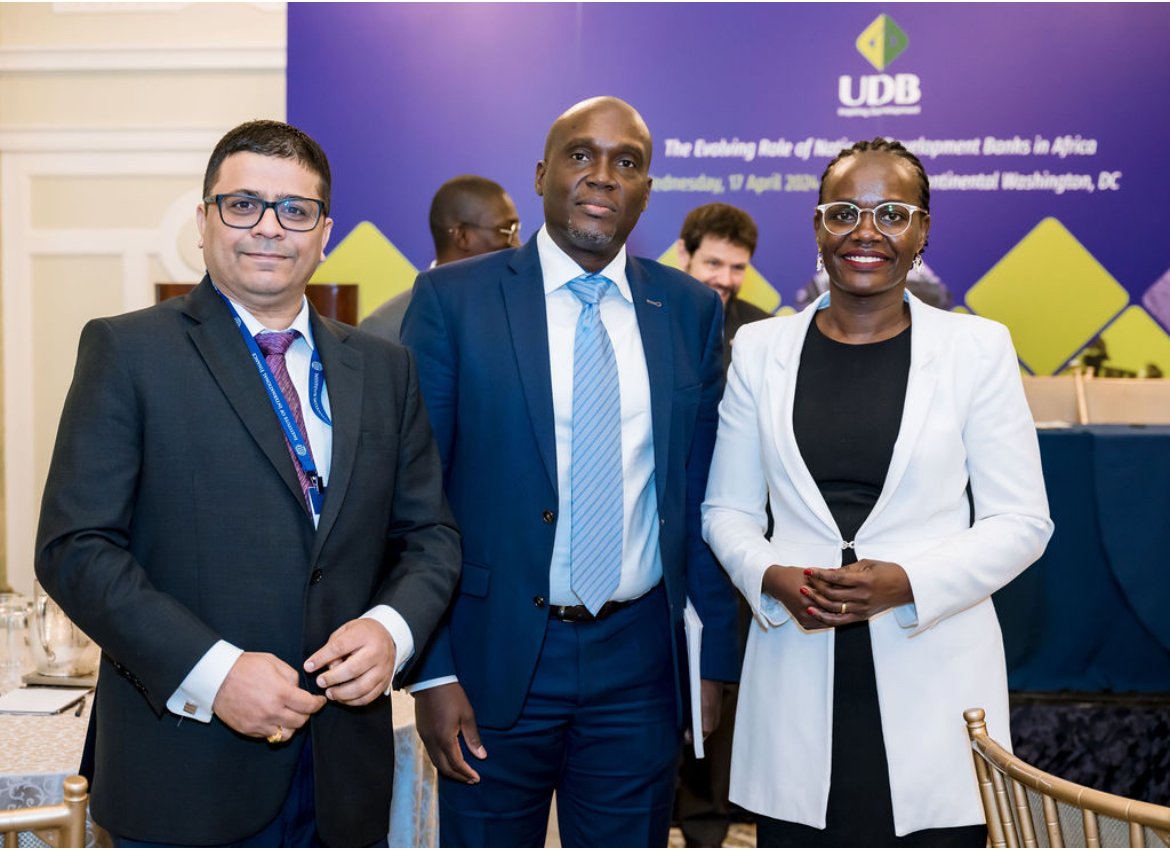Shift to clean energy won’t affect us, says Museveni as Uganda signs deal to mark start to oil production
President Museveni has said the global shift to clean energy will not have a big toll on Uganda’s oil as many have predicted.
In a bid to preserve the environment, the global call for a shift to renewable energy has gained momentum with many saying the world now needs to adopt energy sources like solar, biogas, ethanol, wind, hydropower and geothermal.
Keep Reading
Many have predicted that in the next 20 years, the market for cars that use fuel to run will have gone down in favour for electric cars.
However, speaking on Tuesday during the function for the signing of the Final Investment Decision between TotalEnergies and China National Offshore Oil Corporation(CNOOC) on one hand and Uganda and Tanzania on the other hand, Museveni downplayed the comments saying oil will still remain as useful as it is now.
There is a move for clean energy in the world and many are worried that our oil project will not have market. We have studied this. There is no possibility for our oil not to have a market even with the move towards clean energy, ”Museveni said .
The president who asked experts to explain to his audience before he committed himself said there are many other uses of oil, other than fuel for vehicles.
“We have studied this and there is no possibility of petroleum not to have market. The shirt I am putting on is 65% polyester. Cotton alone could not produce a shirt as good as this one. It is good and stronger than one out of cotton. When we talk of phasing out, people think of cars. There are other non-fuel uses of petroleum which will continue for a long time,” he said.
The Ministry of Energy Permanent Secretary, Eng. Irene Batebe explained to the audience that there are many other uses of oil apart from fuel for cars.
“The utilization of oil is for different forms like in the petrol chemical industry where we produce products to use in our day today lives like polyester, synthetic rubber to make tyres and petroleum jelly. Some of the medicine we use is coated with products from petroleum. As the fuel part is being phased out, petroleum will continue to be used for quite some time until there are products to replace it for use in day to day lives and that will take a long time,”Eng. Batebe said.
She said Uganda might be able to continue earning from its oil for up to 40 years until it is completely phased out.
Recounts oil story
At the same function, President Museveni recounted the story of Uganda’s oil industry right from the 1950s after being discovered by the British.
He said when the NRM captured power in 1986, Shel BP and the British told him that they could help Uganda drill its oil but noted he decided to look for Ugandan experts who could help in this, adding that he sent a team of people including Dr. Fred Kabagambe Kalisa and Ernest Rubondo among others to study oil.
According to Museveni when they finished acquiring knowledge from abroad, the group of Ugandans returned home and wanted them to work with Britain and Shell BP to extra the country’s oil, the foreigners pulled out saying there was no oil.
“Those people(Kabagambe Kaliisa) brought me computer images saying there was oil but said there was on money for drilling and invited first companies like Heritage, Herman and Tullow. They proved the British and Shell BP wrong,”he said.
Museveni said when the companies came, there was a stalemate on whether to construct a refinery here or export crude oil.
Museveni says whereas he was in favour if the former, the foreign companies wanted the crude oil pipeline to be constructed to export oil.
“In the end we agreed on refinery and pipeline.”
Museveni said the route of the pipline was also another contentious issue with the one of Mombasa being the first option but said it was later abandoned.
“Initially some people thought of route of Mombasa which was a bit shorter but had a lot of built up area where we had to do a lot of compensations which Kenyans not ready to do. There was also the option of Lamu(in Kenya) but was very expensive and longer. That’s why we ended up with the route of Tanga.”
He said he is happy the East African Crude Oil Pipeline is going through to Tanzania, noting it is a token of appreciation for the role played by former President Julius Nyerere in Uganda and Africa’s liberation struggles.
“I am happy to see this project can go through Tanzania and our brothers can benefit from it.”
Museveni said the oil pipeline will not only benefit Uganda but also neighbouring countries which have oil prospects like Tanzania, South Sudan, Burundi and Democratic Republic of Congo that can make use of the infrastructure.
He said the pipeline can also be used to transport gas back to Uganda for use.
“This project is a very important one for this region. In the next few years CNOOC and Total will inject $10 billion. This money will boost our economy. This oil can make some contribution and is most welcome,” Museveni said.
By signing the Final Investment Decision with TotalEnergies and China National Offshore Oil Corporation(CNOOC), Uganda has moved closer to starting its oil production.
The Energy Minister, Ruth Nankabirwa had earlier described the signing ceremony as a big milestone to the country.
"This milestone puts us on the path to first oil in 2025. Close to 160,000 jobs are expected to be created during the project's development,” Nankabirwa said.














